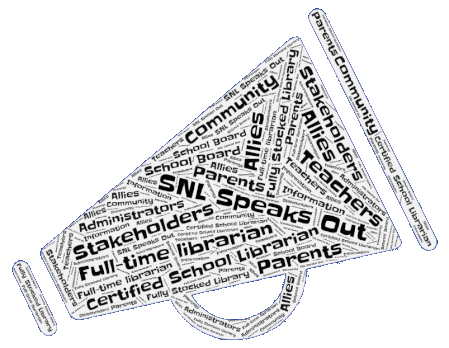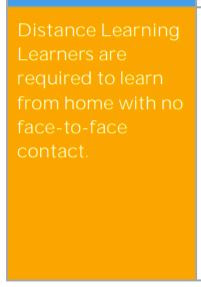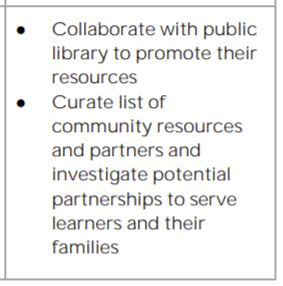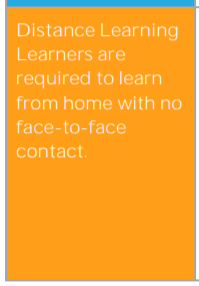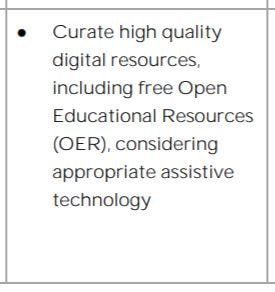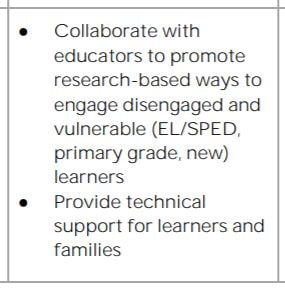|
by Dorcas Hand This post completes my effort (5 previous blogs since July 30) to expand your understanding of the AASL School Librarian Role in Pandemic Learning Conditions. I began several weeks ago, well before the start of school - and here we are in a school year that relies on Distance Learning. HISD campuses with librarians (only about 25% of schools) are able to take advantage of all the knowledge, training and skills those librarians bring to all five core areas that should be included in a campus librarian’s job description. Campuses that have chosen to reassign their librarians to classrooms are only using their skill as teachers. Teachers are definitely essential, but librarians using all their skills impact more than the 20-30 students in their classroom at one time whether virtually or in person; they impact all the students and teachers on their campus. Today we focus on Program Administration, the far right column. School librarians plan and administer a broad program that includes review and purchase of specific books (including ebooks and e-audiobooks) and other digital tools appropriate to the needs of students on a specific campus. They consider age, range of abilities, special challenges, special interests and/or focus areas for the individual campus curriculum. Librarians also do their best to ensure that all the teachers on that campus are aware of the resources most useful in their classes, in addition to direct teaching in collaboration with as many of those classroom teachers and curricula as possible. With a goal of encouraging both a love of learning generally and a love of reading specifically, librarians plan displays and events intended to encourage all students to love learning and reading. In distance learning, such events and displays are challenging, but I read of creative efforts to involve students in book selection and reading contests. Librarians also work with campus administration to forward campus goals in literacy and professional development. Librarians often reach beyond campus boundaries for additional options in support of student enthusiasm and academic success. The public library is one resource, and encouraging students to have a public library card is a great way to expand a campus collection. Libraries are themselves an ecosystem where the school student is also a patron of the public library, and may also reach to the community college or local university for more advanced resources, even a genealogy library in support of a tricky high school history topic.
During Distance Learning, librarians are key to ensuring that students and families are aware of how to access the district and TexQuest subscriptions to digital tools and resources. Librarians are also charged with ensuring that all students are trained in cybersafety and security methods that are appropriate to their age and access needs. With students at home under parental supervision, this cybersafety awareness is even more important than when students are accessing academic assignments and supporting resources under the benefit of campus firewalls and secure protocols. Cybersafety training also addresses cyberbullying and other potential peer threats that everyone must guard against. Campuses without librarians miss out on so much. And too often, the campuses without librarians include students most in need of the literacy and learning supports that a campus library offers families without books in the home, among other commonly cited home advantages of educational success. Questions of the Week
Previous SNL Houston Speaks Out posts expanding on the AASL infographic, School Librarian role in Pandemic Learning Conditions:
0 Comments
by Dorcas Hand In the first four posts, we’ve learned in a little depth that school librarians are Instructional Partners, Teachers and Leaders. To do any of those things they need the best information for each job - and their training beyond their teacher credentials has given them the perfect skill set. We’re still starting from the AASL School Librarian Role in Pandemic Learning Conditions. When school librarians collaborate with teachers or administrators as Instructional Partners, their primary role is to magnify the impact of the regular curriculum. They do this by curating resources - both content and tools - to co-teach with classroom teachers in order to engage students with memorable lessons that build skill in curricular content areas. Librarians often help administrators plan campus professional development in the same ways they work with teachers collaboratively.
When school librarians are teaching independently, they need similar carefully selected resources to bring students a “WOW” factor for a memorable lesson no matter the topic. What do librarians teach independently? Most people think of research skills as well as cybersafety and security. But readers should also realize that in Reader’s Advisory and literacy situations, librarians are teaching a love of learning and a pleasure in finding personally useful information, not to mention the “just-right” book for each reader. Reader’s Advisory requires both an intimate knowledge of the collection and strong skills in identifying and purchasing new resources that will enhance the collection over time - across content, grade levels and pleasure reading. Information skills are the foundation of everything a school librarian does, though you may seldom see them directly. What the campus and community see is just the perfect resources offered as needed based on the librarians training as a teacher and curriculum specialist. The skilled librarian makes her work look easy. As leaders, librarians use these highly developed information skills to successfully inspire the entire campus community to engage enthusiastically in learning. But one of the biggest pieces of this information skill set is knowledge of subscription databases: what they are, how to access them and when each is most useful. HISD and the state spend big bucks on these resources (HISD Digital Resources), but students and teachers need the guidance of librarians to get the most out of these tools. Without a librarian, a school community might be unaware of their existence. Students need to be taught to use and search for information in a developmentally appropriate way. Librarians introduce students to using boolean searching, filtering a search to get manageable results, and which databases have special applications for special needs as an example. These district resources are vetted (often by librarians) and purchased with the needs of K-12 learners. Available 24/7 and they are ideally suited to situations like we are presently encountering with Covid-19. There are many free resources that are useful to students in addition to textbooks and databases, and librarians are the gateway for them - both by teaching search skills and cybersafety, and by offering specific free websites to students and teachers when the classroom assignment needs just that information. OER - Open Educational Resources - is a new aspect of information that requires both understanding of copyright constraints and awareness of OER tools that are not advertised in traditional channels. These are coming into more use at the university level, and are beginning to work their way to K-12. Librarians work to ensure that all students can access appropriate resources, including students with extra challenges. Adaptive technologies to support vision or hearing can be embedded into databases and websites, and librarians know to deploy those technology aids as needed. If you the school board member, did not grow up appreciating the skills librarians bring to the table, maybe you should investigate how they can help you in your job on the school board. In addition to campus librarians across your Board districts, you might reach out to HISD Library Services for help understanding how hard they work to support the campus librarians, and how they might help you as well. Questions of the week:
So far in this series, we have looked at the big picture of school librarians in Distance Learning situations, and at Librarians as Instructional Partners and Teachers. Today, we’ll consider Librarians as Leaders. [School Librarian Role in Pandemic Learning is the full document from which these posts stem.] Think of school librarians as magnifiers: they have the knowledge and skillset to magnify the impact of classroom learning. When the librarian teams with a classroom teacher to build a stronger research component for the classroom topic, the learning is stronger and the academic effect magnified. Building on their skills as Instructional Partners and Teachers as they remain constantly aware of the big picture curricular needs, librarians bring curriculum design skills to the planning table - some include student research projects, but some “just” work behind the scenes to help the classroom teachers shine by offering additional content that spices up a textbook lesson. Especially in these times of distance learning, librarian knowledge of digital tools and resources can dramatically expand every teacher’s toolbox for great lessons. Librarians not only introduce new options to teachers to see if they are the right fit; they complete their leadership role by teaching the teachers AND the students how to use these new resources.
Leadership is stepping out of one’s own enclosed job space to help the broader community. Librarians are leading every day as they offer ideas to teachers, administrators, and students, ideas that contribute to stronger student literacy skills and academic achievement. School board members are leaders in our community. Strong elected leaders want to be sure the entities they supervise, in this case the schools, are filled with strong leaders to help forward the community (specifically the students) toward their goals of literacy and academic success, even excellence. Campus principals and other administrators should be able to rely on great librarians to help every teacher look great and every student be successful. But no one can rely on a strong librarian if there is none in place. Your questions of the week today: Ask your principals: What is an example of leadership as defined here demonstrated by the librarian on their campus? Ask yourself: Which librarian in an HISD school would I like to meet to learn more about how librarians might benefit HISD more? (No need to limit yourself to one. Set up a Zoom or Facetime conversation with as many as you like!) |
AuthorThis blog is primarily authored by Debbie Hall and Dorcas Hand, but guest authors are welcome. If you have an idea to share, please contact our email below. Debbie is a retired HISD librarian and Library Services Specialist. Dorcas is a retired school librarian who remains active in AASL/ALA. Both support increased equity in school library access and support for all HISD students and campuses. Archives
November 2023
CategoriesClick to our Facebook page.
|
